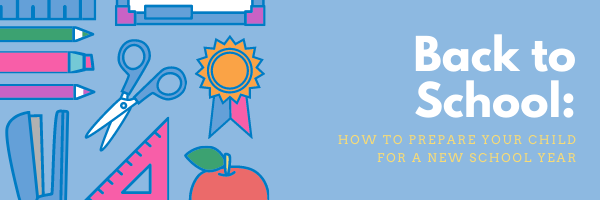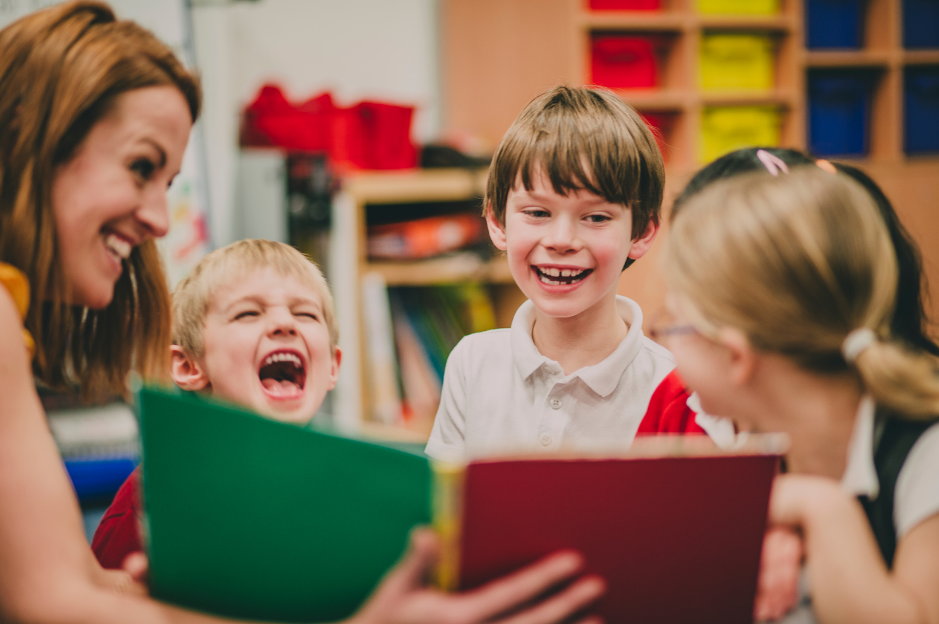
We’re almost one month into a new year, can you believe it?
With January drawing to an end, it’s time to start preparing your child for a new school year. The first day of school can creep up quickly as you continue to enjoy fun in the sun and time with the family to make the most of the school holidays.
As you embrace the final few days of the school holidays, if you haven’t already begun to think about the school year ahead, the time is now!
So, how can you prepare your child for the 2021 school year? Keep reading for practical tips to help you get ready for back-to-school.
1 – Create routines
Unstructured days are perfect for the leisurely pace of school holidays. But that approach doesn’t work once school begins again. To avoid to the haphazard rush on the first day of school, develop routines for your family one week in advance. Establish a regular wake-up time for your child and a consistent bedtime routine, ensuring they are getting the sleep they need. Well rested minds are a breeding ground for learning!
2 – Set up a family schedule
If you don’t already, a good way to track your family’s activities is to set up a wall or fridge calendar documenting your schedule. Once the school term comes around, you’ll find you need one as after-school sport, training and tutoring start up for the year. As you know, plans change so a wall planner that can be erased and amended will make it easier to capture any rescheduled plans.
3 – Check school correspondence
With so many dates and appointments committed to memory, it’s easy to confuse them, even when they’re in writing on the family schedule. A few days before school starts, check any correspondence received from your child’s school confirming their start date, classes, teachers, and any supplies they will need for day one. This way, you will avoid accidentally dropping your child off at their first day of Kindergarten a day late!
4 – Talk about it
Start conversations with your child about going back to school, especially if they’re stepping into a milestone year such as Kindergarten or Year 7. Ask them how they feel about it. If they’re anxious, overwhelmed or nervous, don’t dismiss it. Let them know they’re not alone in these feelings, perhaps even share an anecdote from your own experience to help put them at ease.

5 – Purchase school supplies
Many see this as the “dreaded” back-to-school shopping, but it doesn’t have to be that way. To make the purchase of school supplies less of a chore and a more enjoyable experience, bring the children with you. Allow them to make choices (within reason) so they feel a sense of ownership. This should help them feel more in control of the back-to-school experience.
6 – Plan school lunches
Whether it’s back-to-school or back-to-work, when we don’t plan meals ahead of time, we tend to fall back on convenience. What is convenient is generally not the healthy option. So, sit down with your child and brainstorm ideas for school lunches. A Google search might even help get the ideas flowing. Involving your child in this decision making should also reduce the chances of them coming home from school with their lunch uneaten.
7 – Plan family time
The start of school also means less time with the family. For younger school-aged children, this may leave them feeling disappointed. Help them overcome this disappointment by planning family time for during the school term. This could be a weekend away, or a full day at the beach, any activity that will get them excited and provide something to look forward to.
8 – Celebrate back to school
Create enthusiasm for the beginning of another school year by celebrating! Throw a back-to-school (Covid-safe) party and invite a few of your child’s friends over for a barbeque. Or take the party to a local park for better social distancing. This should contribute to your child going back to school with a positive mindset.
If you’re yet to begin the activities listed above, don’t stress! Start today and do what you can to make the transition back to school easier for both you and your child.







